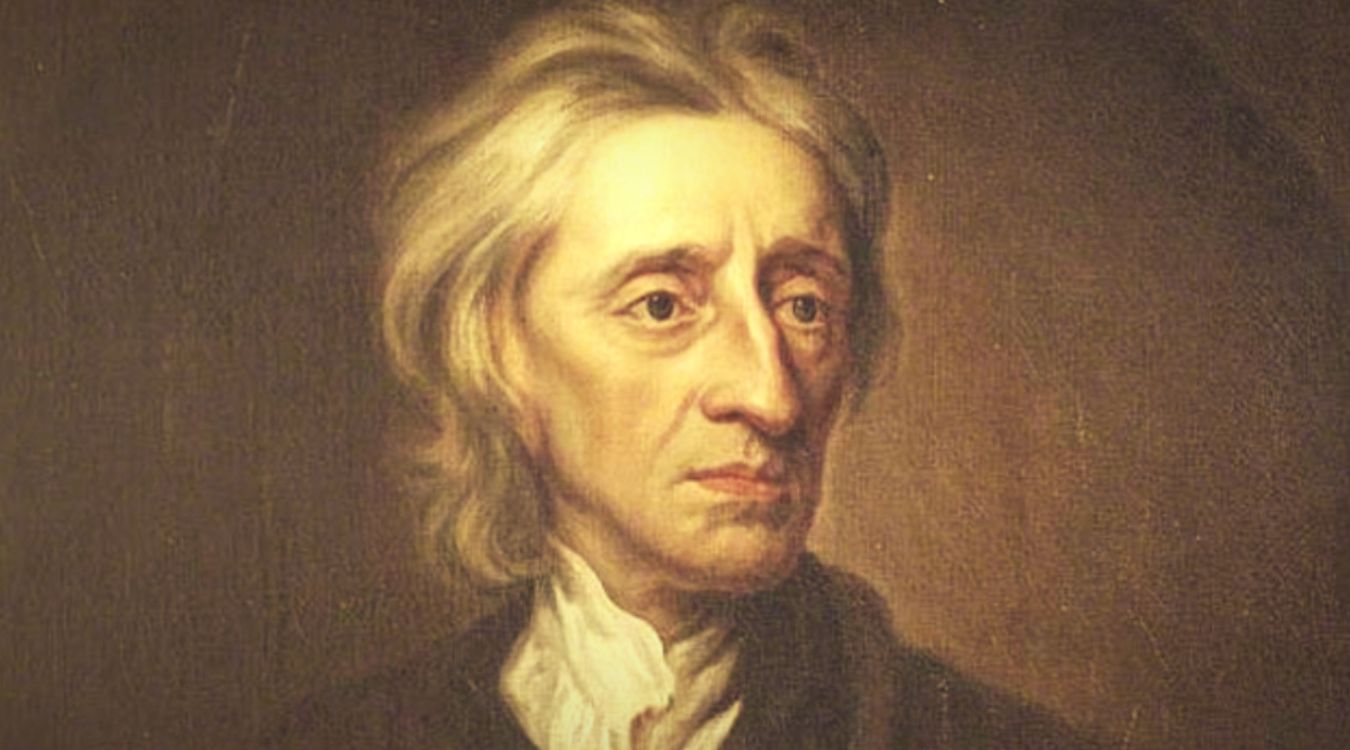John Locke, often regarded as the ‘Father of Liberalism,’ laid the groundwork for modern democratic thought through his influential works on government, personal liberty, and human understanding. His ideas have shaped the course of history and continue to resonate in contemporary political discourse. Ready to challenge your understanding of this pivotal philosopher? Let’s dive into the world of John Locke and see how much you know!
We recommend that you do not leave the page that you are taking this quiz in. Stay honest 🙂
John Locke Quiz Questions Overview
1. What is John Locke best known for?
Developing the theory of communism
Formulating the theory of relativity
Advancing the concept of empiricism
Creating the theory of evolution
2. Which of the following works was written by John Locke?
The Wealth of Nations
The Social Contract
Two Treatises of Government
The Republic
3. In which century did John Locke live?
15th century
16th century
17th century
18th century
4. What is the main idea of Locke’s ‘Essay Concerning Human Understanding’?
Humans are born with innate ideas
Knowledge is derived from sensory experience
The mind is a blank slate at birth
Reality is a social construct
5. Which political concept is John Locke credited with influencing?
Absolute monarchy
Divine right of kings
Separation of powers
Social contract theory
6. John Locke’s ideas were influential in the development of which country’s constitution?
France
United States
Germany
Russia
7. What did John Locke believe about the state of nature?
It is a state of war
It is a state of perfect freedom and equality
It is a state of absolute authority
It is a state of economic prosperity
8. According to John Locke, what is the primary purpose of government?
To expand territory
To enforce religious conformity
To protect natural rights
To accumulate wealth
9. What did John Locke argue about the right to revolt?
Revolt is never justified
Revolt is justified if the government fails to protect natural rights
Revolt is justified only for economic reasons
Revolt is justified to expand territory
10. Which of the following best describes John Locke’s view on property?
Property is a communal resource
Property is granted by the government
Property is a natural right derived from labor
Property is a privilege for the wealthy
11. How did John Locke influence the Enlightenment?
By promoting religious dogma
By advocating for absolute monarchy
By emphasizing reason and individual rights
By rejecting scientific inquiry
12. What was John Locke’s stance on religious tolerance?
He opposed religious tolerance
He supported religious tolerance
He believed in a state religion
He was indifferent to religious matters
13. Which of the following statements aligns with John Locke’s philosophy on education?
Education should be rigid and authoritarian
Education should be based on rote memorization
Education should foster critical thinking and personal growth
Education is unnecessary for most people
14. What did John Locke believe about human nature?
Humans are inherently evil
Humans are born with a blank slate (tabula rasa)
Humans are inherently good
Humans are predetermined by fate
We recommend that you do not leave the page that you are taking this quiz in. Stay honest 🙂











